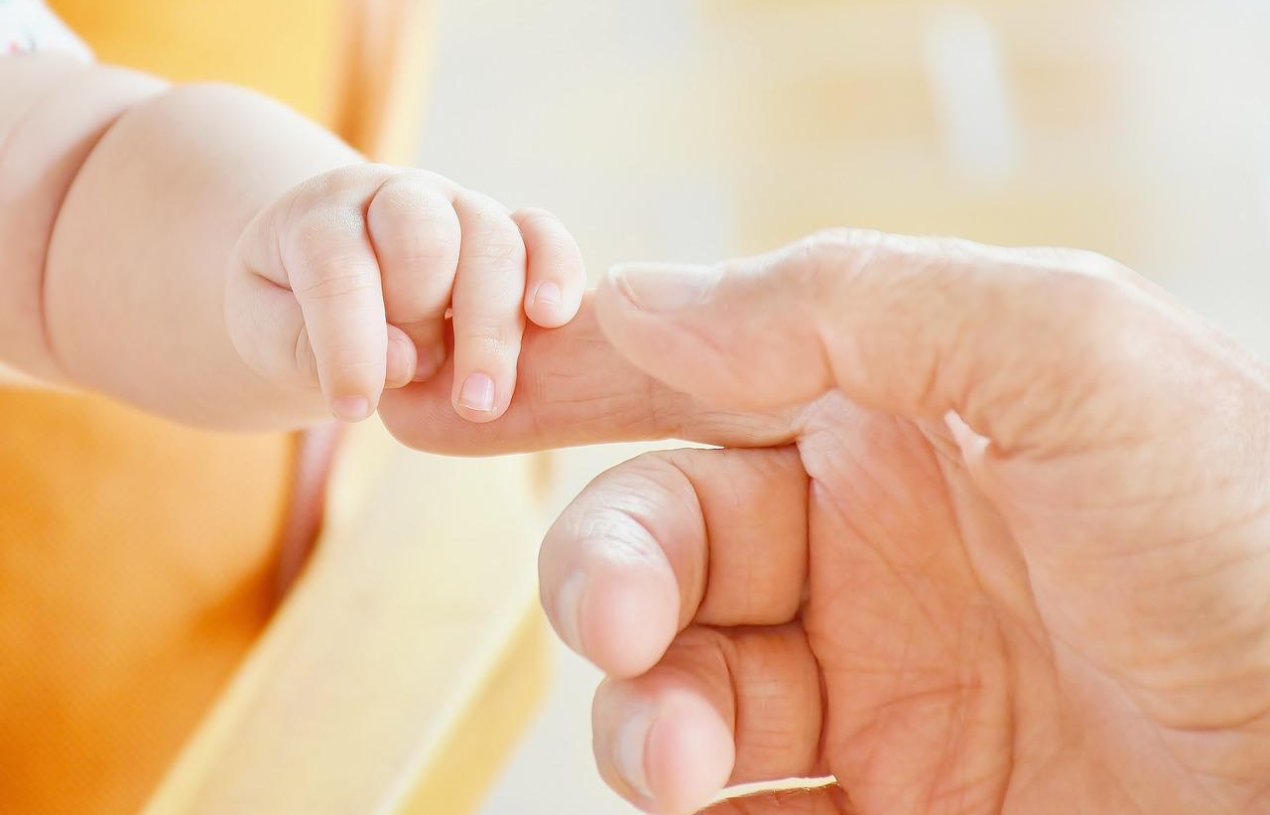Parents have to make important decisions in their life – and one of these decisions is how to raise their children. One such child-rearing philosophy is attachment parenting, which has gained much popularity these days.
As a first-time parent, you might be curious to know what attachment parenting is about. And we are here to tell you everything about it.
Keep reading!
The Philosophy of Attachment Parenting
The philosophy of attachment parenting is all about helping connect the parents to their child with the objective of enhancing love, affection, and attachment between the parents and their children. This form of parenting allows children to become better children and, eventually, better adults.
More importantly, attachment parenting incorporates a sense of commitment to the child, which eventually helps them with becoming better parents. Typically, attachment parenting follows a set of principles known as the “Seven Baby B’s.”
The seven principles starting with “B” are listed below:
- Birth Bonding
- Breastfeeding
- Babywearing
- Bedding Close to Baby
- Beware of Baby Trainers
- Balance
- Baby’s Language
The thing that comes naturally is to love your child. As a mother, you will want to breastfeed your baby. Naturally, parents want to keep their babies close by holding them close to them and enjoying the child’s presence. You will want to commit to the child so that you can bond with your child as a parent.
If you look at parenthood – especially – as first-time parents, you see that bonding with a child is normal. And at the end of the day, attachment parenting is about the bond between the parents and the baby.
How to Start Integrating the Philosophy of Attachment Parenting as a Parent?
To practice attachment parenting, you will want to start even before the baby is born by preparing (mentally/ physically/ emotionally) for pregnancy, birth, and parenting. While feeding your baby, you will want to incorporate the feelings of love and respect.
You will also want to respond with sensitivity to your baby’s cues and language. Always use nurturing touch when you hold your baby close and engage in nighttime parenting. As a parent of the baby, you will want to express your love, care, passion, and commitment by providing consistent, loving care.
Of course, you will have to practice discipline as well – but – as per the principles of attachment parenting, you will want to incorporate positive discipline. As a parent, it is your right to feel rested, which is why you will want to strive for balance in your personal and family life so you can look after yourself while being there for the baby.
Understanding the Various Stages of Attachment Parenting
Typically, there are six stages that a toddler moves through during their first six years of life on their journey of deeply and securely attaching to their parents.
The first stage is all about “proximity,” and it is essentially the sense of closeness and connection in a physical sense.
The second stage is about “sameness,” which occurs around the age of two.
The third stage is a sense of belonging or loyalty. It is about the sense that a typical third-year-old will experience in terms of perceiving the parents that they are on the toddler’s side. There is also a possessive quality to this stage.
The fourth stage is about significance, which is essentially about the child’s knowledge that they are cherished for who they are as it is.
The fifth stage is about love. And his kind of love is an unadulterated expression of love that parents have for their children without being attached to accomplishments or even behavior.
The sixth stage, which is also the final stage, is known. At this stage, the child starts to confide in their parents.
These stages are an essential aspect of attachment parenting and are used as a way to fortify and strengthen the connection in all kinds of ways while letting the child know that the strong closeness that they share with their parents is permanent.
This aspect further indicates that the children can rely on their parents to get them through life.
The Essential Benefits of Attachment Parenting
Many families can reap loads of benefits from attachment parenting. Like any other parenting approach, parents should maintain balance and flexibility. The essential benefits of attachment parenting include a boost in child comfort and assisting children in regulating their emotions, which is critical in all stages of life.
Fussier babies respond positively to attachment parenting as they feel soothed and comforted by their caregivers. From an early stage, the toddler learns that their parents will help them get through life, which will strengthen the parent-child connection.
Increased bonding between parents and children is always guaranteed with attachment parenting as it offers a gentle parenting approach, which eventually focuses on connecting emotionally and physically while using different methods.
The best aspect of attachment parenting is that it builds the foundation of a safer and more comforting home environment.

